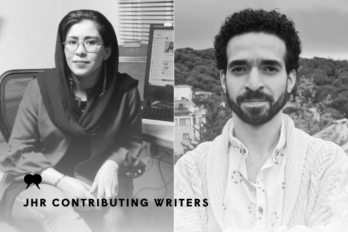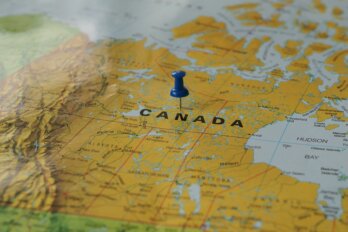The federal government recently passed legislation to make September 30 a federal statutory holiday called the National Day for Truth and Reconciliation. The Truth and Reconciliation Commission called for the creation of a holiday as one of its ninety-four calls to action.
“We call upon the federal government, in collaboration with Aboriginal peoples, to establish, as a statutory holiday, a National Day for Truth and Reconciliation to honour Survivors, their families, and communities, and ensure that public commemoration of the history and legacy of residential schools remains a vital component of the reconciliation process.”
While this day is not a provincial public holiday, The Walrus recognizes the National Day for Truth and Reconciliation as a holiday to reflect on the history and impact of residential schools. In 2021, the horrors of the residential school system were brought home as we presented Michelle Good the Amazon First Novel Award for her book Five Little Indians—a book about experiences in residential schools.
September 30 was originally recognized as Orange Shirt Day before being elevated to a statutory public holiday. While our organization takes this day off for reflection, reading, and participation in community events, we know that this is only one step in the ongoing effort to spotlight Indigenous creators and history.
We encourage our audience to explore Terra Cognita by guest editor Robert Jago. Featuring “the Indigenous stories we would rather be telling,” the series includes Indigenous authors sharing the stories they’ve wanted to write but haven’t historically found space for in mainstream Canadian media.
The Walrus is grateful for the diversity of stories that Indigenous writers and speakers have shared with us. From the award-winning “Teaching Indigenous Star Stories” to dissecting the digital gap in Indigenous communities, we will continue to partner with First Nations, Métis, and Inuit leaders and storytellers, as well as with Indspire, our national education partner. As Jesse Wente writes in his book Unreconciled: Family, Truth, and Indigenous Resistance (excerpted in The Walrus), “Storytelling is also one of our best weapons in the fight to reclaim our rightful place.”
We invite The Walrus community to take the time, not only on the National Day for Truth and Reconciliation but throughout the year, to learn more about and from Indigenous communities.
You can find more stories written and illustrated by Indigenous contributors on our website and hear from esteemed speakers on our YouTube channel. To learn more about the importance of settlers recognizing their privilege, listen to Anubha Momin in this episode of The Conversation Piece.
Creative Commons image courtesy of Thompson Rivers University




